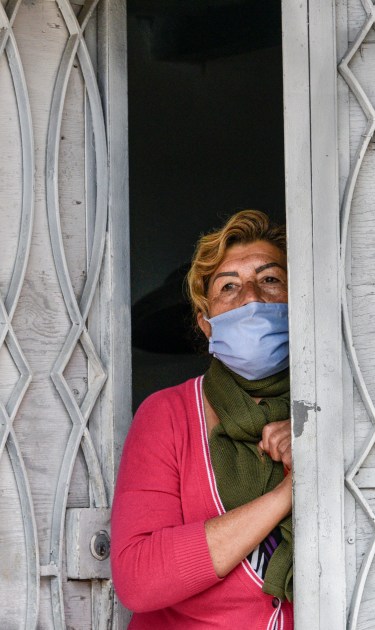It was deeply concerning when the news came in. It was official—President Martin Vizcarra decided that Peru would implement a gender-based curfew.
“Our government is inclusive, have no fear,” Vizcarra said on April 2.
Vizcarra used his daily afternoon address to announce that starting the following day, men and women would only be allowed to leave their homes on designated days as part of a set of restrictions put in place to control the spread of coronavirus (COVID-19). Men were allowed to leave their homes on Mondays, Wednesdays and Fridays. Women were allowed out on Tuesdays, Thursdays and Saturdays. No one would be allowed to leave their home on Sundays. A similar regulation was already in place in Panama and, most recently, in Bogota, Colombia.
“When we talk about men and women we are not only taking into account the mentality of one or the other, we know that within gender equality in its broadest concept, there may be citizens who find themselves in another type of themselves, of their feelings,” President Vizcarra said. “The Armed Forces and the Police who are controlling movement will have clear instructions so that this is not a pretext for any measure of a homophobic nature at all.”
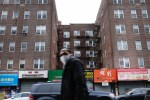
Hours later, the minister of the interior, Carlos Moran, announced that citizens’ gender would be identified visually, with no need to ask for identification. Of course, that didn’t stop the police and military from harassing trans folks to see the gender on their national IDs.
Distressing messages from the LGBTI community began to make the rounds. Before this measure was put in place, a video of police humiliating a trans woman spread on social media. In the video, we see police officers force her to do squats while repeating “I want to be a man” over and over. Naturally, the LGBTI community grew concerned, overwhelmed and scared.
“If the situation was already complicated by the anxiety generated by the presence of the virus on the street and everything that entails, the measure of restricting people by sex added an emotional layer of anxiety and concern for LGBTI people,” Max Lira, a member of the transfeminist collective No Tengo Miedo (“I am not Afraid”), says about their experience with the imposed regulation. “A lot of non-binary people that I know felt like ‘okay, what day am I going to go out?’ because I look like a ‘boy’, but I also look like a ‘girl’ and they always confuse me.’ The fact that their gender, or their gender expression, would be observed and analyzed… is as if the state alienates you even more from your right to free transit, your right to exist.”
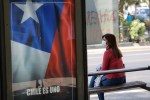
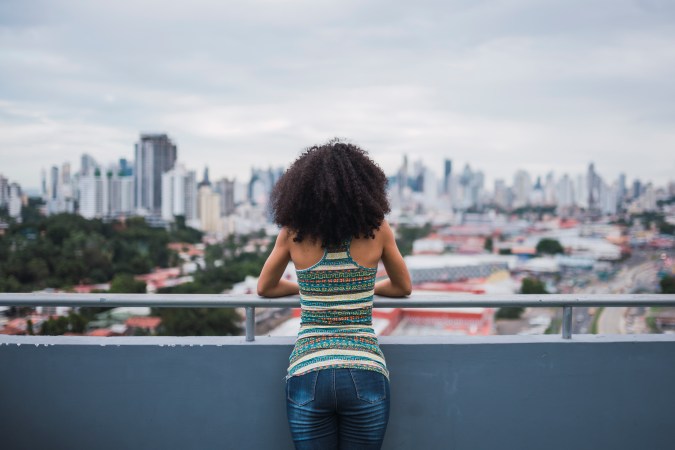
“I think that for many people who do not have a relationship with the LGBTI community or find it somewhat foreign,” Lira shares, “the fact that the president talked about homophobia, talked about trans people, even with his tangled rhetoric… could have been offensive to them. Many people think that we are a ‘minority,’ that we are a super small percentage and therefore our interests and needs should not be privileged,” he said.
Gahela Cari, a trans Afro-Andean activist and former sex worker who ran for congress earlier this year, experienced the consequences of the decree firsthand.
“We have seen around 30 cases of trans women being harassed, and that only shows the amount of discrimination that exists in this society,” says Cari. “It must be made clear that these measures did nothing more than uncover a series of situations of discrimination, violence, mockery and humiliation that have always occurred. The difference is that now, these types of situations have been evidenced in the media and it is not something isolated.”

Peru has hundreds of femicides a year, and modifying legal gender on official documents isn’t allowed. The ultra-conservative environment is only evidenced by groups like “Con mis hijos no te metas” (Don’t mess with my children), an organization of parents vehemently against a gender-inclusive focus in our public school curriculum.
“It is actually a part of a series of situations that obey a capitalist, extractivist, but also patriarchal, transphobic and cis-heteronormative/cis-gender structure and system,” Cari says. “One that creates conditions that allow for the violence and discrimination against trans people, because the fact that we do not have a government ID that reflects our identity is not accidental.”
Cari has been organizing with other community members to not only accompany, denounce and ask for sanctions—but also put several preventive measures on the table to reduce this situation of discrimination, violence and transphobia.

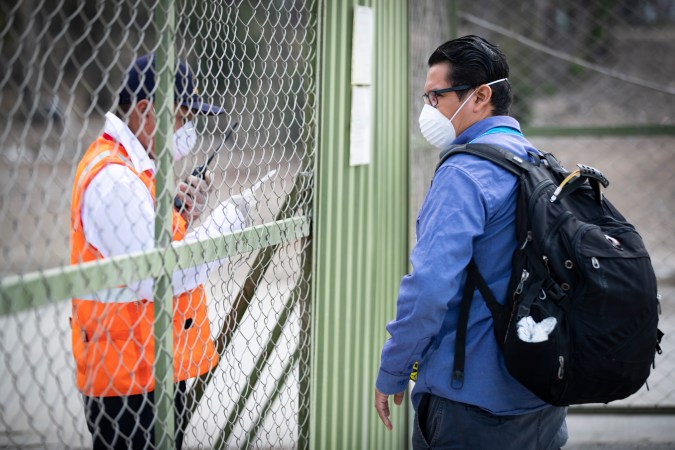
During the first few days of the gender-based curfew and after more than ten years in the search for justice, Azul Marin’s case resurfaced. In 2008, Marin—a trans woman—was arbitrarily detained by members of the Casa Grande police station and later raped and subjected to transphobic torture. On April 6, 2020, the Inter-American Court of Human Rights published a ruling in favor of Marin which holds the Peruvian state responsible for her torture and rape.
Although Vizcarra acknowledged homophobia and transphobia in the tactics of the armed forces and police, many of us, like Lira, felt that didn’t necessarily connote change.
“I do not think that this will necessarily translate into a solid pro-LGBTI policy or even a gender policy, to put it plainly,” says Lira. “It is not part of a state-sponsored program, the Peruvian government is not a pro-LGBTI government, it never has been, it will not be for a long time.”
As both Lira and Cari recognized, the Peruvian government failed to take several things into account—including the fact that we still live in a patriarchal system that expects women to take on all domestic labor, and that Peru has more women than men. This reality, naturally, caused the whole point of the gender divide to backfire.
So, what now? Well, Lira says that they have seen creative efforts in the midst of this crisis.
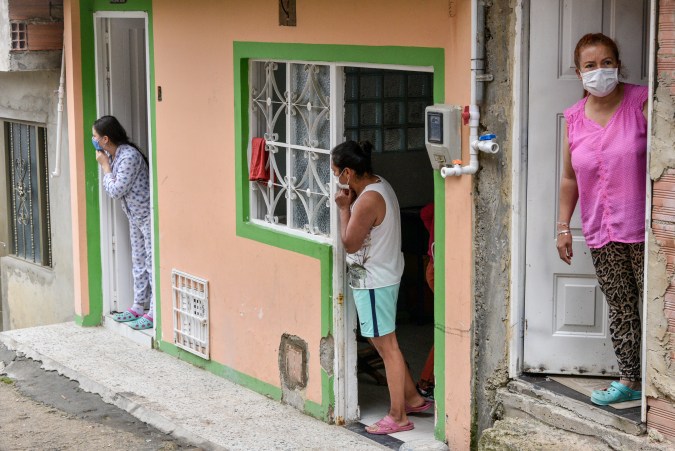
“There are efforts to keep the spirits of the people of the communities high, because it is a hard time,” says Lira. “On an economic, material level there are efforts by some LGBTI organizations to redistribute resources and on a more emotional and spiritual level, at least what I see from working with people from the creative world, from the arts, I see that queers, cabras [colloquial term in Peru for ‘faggots’], lesbians—I see that we are creating, we are publishing. We are spreading information, looking for the most accurate information because the government also does not always disseminate or tune in to the truth.”
And while many of us have been organizing to support each other, Cari reiterates that this is a task of the government that is not being assumed.
“We need to continue to demand and put pressure with strength and courage for the government to guarantee food for all its citizens, to guarantee our rights because that is what it is—our rights. It is not about privileges, it is about rights. And under that logic, it is necessary to draw attention to those authorities who continue to ignore the diversity of people that exist. And also to denounce the authorities of other countries, that despite knowing that this measure causes discrimination, ridicule, humiliation, transphobia, they continue to apply this harmful measure that affects our rights and our integrity.”
Both Panama and Bogota, Colombia have reported cases of transphobic violence during the gendered curfew. In Peru, the regulation was called off after a week. Panama’s gender-based curfew, which by design uses IDs to identify gender, is set to stay in place through May. In Bogota, several LGBTI organizations have started a petition to modify the regulation which has already received over 3000 signatures; nonetheless, the mayor Claudia López Hernández has issued this decree until April 27.
“We need to walk towards a society with equality, opportunities and conditions for all,” Cari says. “A society in which we can defend our rights, in which we can be respected… Let’s stay in our homes, but let’s stay with a critical purposeful spirit, let’s keep denouncing, let’s keep building, let’s keep organizing ourselves because rights don’t fall from the sky, they are won. With courage, with struggle, with effort, but above all with love.”
